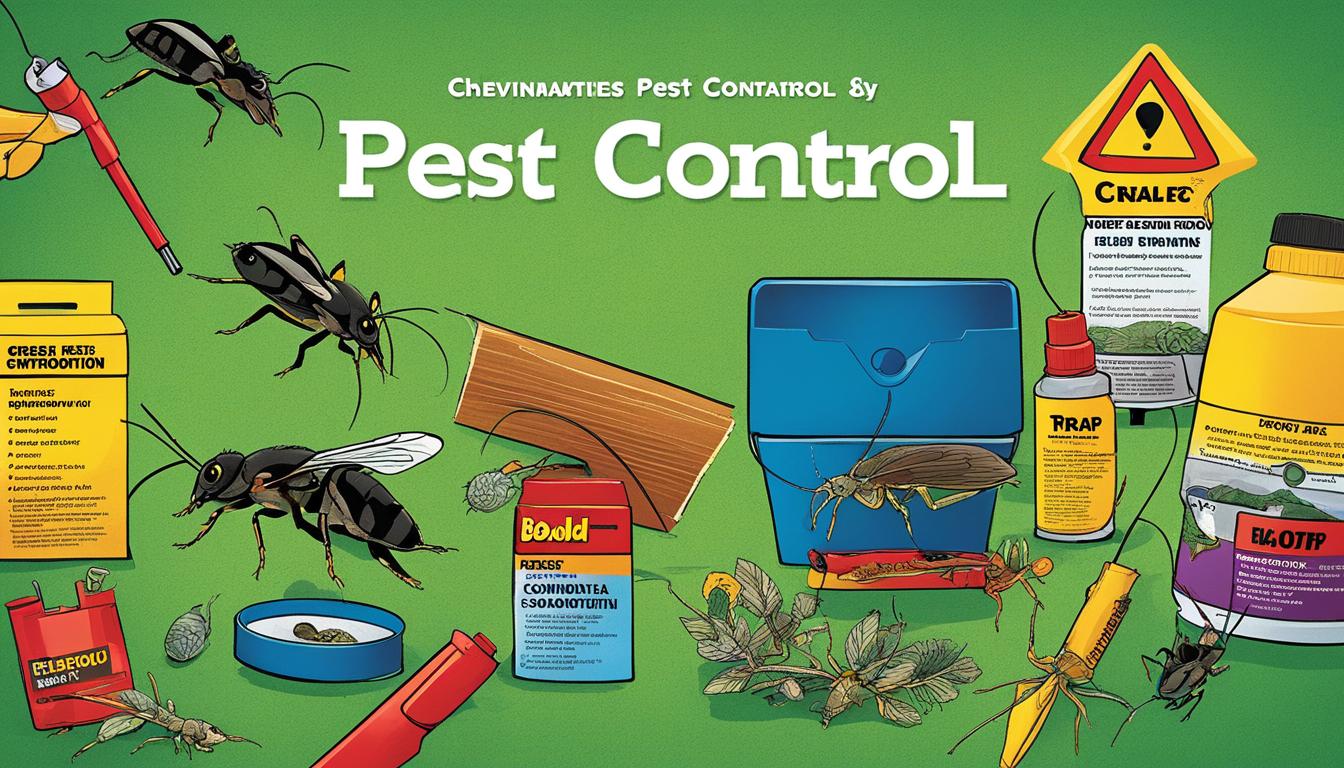Some Known Questions About Pest Control.
Some Known Questions About Pest Control.
Blog Article
Not known Facts About Pest Control
Table of ContentsExcitement About Pest ControlMore About Pest ControlThe smart Trick of Pest Control That Nobody is Talking AboutNot known Details About Pest Control Excitement About Pest Control
Limitations of Chemical Monitoring Have the ability to assess parasite troubles, figure out if management is necessary, and make ideal suggestions using IPM strategies. Be acquainted with different approaches of bug administration - their advantages and restrictions. Understand the worth of valuable bugs. It is not possibleor even desirableto rid gardens of all parasites.This chapter talks about (IPM), a strategy that uses knowledge regarding bugs and their, practices, nonchemical methods, and chemicals to take care of insect issues. Added information regarding IPM for specific plants is included in chapters that focus on those plants. Parasites in a yard or landscape might consist of pests and termites, weeds,, mammals, and birds.
Pests and weeds, nonetheless, play a role in the. After growing a garden or establishing a lawn, the natural process of plant succession starts to improve and nonnative plants.
What we call "insects" are part of a natural system at job. Just human beings take into consideration particular types insects when they happen where they are not wanted.
The Facts About Pest Control Revealed
Bugs vulnerable to a chemical were quickly eliminated, leaving resistant ones to breed and increase. It came to be clear that chemicals alone would certainly not solve all insect issues.
An IPM strategy permits some degree of bugs in the setting. Bugs are much less likely to survive a program that uses various approaches of lowering their populaces. Integrated insect monitoring was initial suggested by entomologists because insects were the first group of pests to prove hard to handle with chemicals alone.
parasite and host accurately. and take into consideration financial or aesthetic injury. A limit is the factor at which activity should be taken. a treatment strategy utilizing mechanical, cultural, biological, or chemical controls, or a combination of these approaches. success of treatments. IPM has actually extended past bugs to administration of all pest populations: weeds, disease microorganisms, and animals.
All about Pest Control
Administration rather than removal of parasites is the goal. An IPM strategy begins with a cautious examination of each bug problem. Only then can one determine concerning the proper tactics necessary to subdue pest activities. The life cycle of the parasite, feasible damages, natural adversaries, and effects of climate, among other elements, are thought about before a control plan is applied - Pest Control.
Clover growing in a yard may be checked out as an undesirable weed, however as a vegetable it is synthesizing nitrogen for the dirt and the blossoms are offering nectar to honey bees and various other. Tolerance for some weeds might become part of an IPM strategy. may be eating the leaves of a plant, however when they are identified as the larvae of Eastern tiger swallowtail butterflies, their damage might be tolerated so we can enjoy the gorgeous butterfly.

The second most crucial device in bug administration is early treatment. Reacting to problems swiftly, prior to they have time to increase, requires a less remarkable intervention.
All about Pest Control
Several risk-free, functional, nonchemical approaches of plant protection and insect management might lower or get rid of the requirement to spray. Other approaches are most advantageous he said when utilized with chemicals. To execute monitoring methods correctly and to reduce losses, gardeners you can try these out should recognize the types of insects that assault plants and understand pest biology.

Conducting a soil test and applying only the recommended amount of fertilizer and lime takes full advantage of the benefit to the plant while decreasing troubles connected to extreme use plant food - Pest Control. Treatment the dirt with numerous inches of mulch safeguards the plant in numerous means: minimizing soil water loss to dissipation, minimizing weed competition, providing nutrients, and producing an appropriate atmosphere for earthworms and microbes that maintain the dirt loose for roots and break down natural material to release nutrients
If mulch touches the trunk, it can produce a means for voles, microorganisms, and fungi to attack the plant. Do not utilize manure or garden compost that has not thoroughly disintegrated as a leading dressing due to the fact that it can motivate undesirable parasites. Research study suggests that tilling the soil is damaging to dirt framework.
Pest Control for Beginners
If tilling is regarded essential, consider doing it in the fall when the life process of numerous pests brings them near the surface area. At the surface, insects end up being revealed to the weather important link as well as birds and other all-natural opponents. Fall tilling can also ruin insects in crop deposits. Usage healthsome and insect-free licensed seeds and plants if readily available.
Report this page